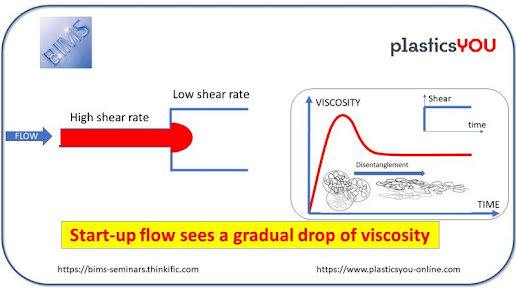CSIR-CSMCRI Receives EU Patent to Produce PHA from Biodiesel Residue of the Jatropha Plant
Polyhydroxyalkanoates (PHAs) are biodegradable polyesters produced and stored intracellularly by bacteria as energyand carbon storage material. In the last decade globally various organizations including CSIR-CSMCRI are actively engaged in R&D activities on different aspects of PHA. Owing to the diversity in PHA structural properties and amenability to produce in sufficient quantity various applications have been sought e.g. in packaging films, disposable items, biocompatible implants, bone replacements, blood vessel replacements, scaffold material in tissue, engineering of heart valve, etc.
Further, due to biodegradability and biocompatible nature of PHAs they have been recognized by FDA (Chen etal 2009) for the above listed uses. Global bioplastic packaging demand alone has been projected to reach 884,000 tons by 2020. According to a new study by Pira International, a new breed of bioplastics will be major drivers as packaging market demand gradually shifts from biodegradable and compostable polymers towards biopackaging based on renewable and sustainable materials. The basic cost involved in the production of such biopolymers is the raw material being used for fermentation process. To this end the innovative step taken by CSIR-CSMCRI is the use of crude glycerol as raw material, which is obtained as byproduct from the waste stream during biodiesel production.
Through this intervention a waste which is otherwise required to be treated before disposal is converted to a highly valuable and environment friendly product- PHAs. There the main objective of CSIR-CSMCRI on this issue is to examine the use of Jatropha biodiesel byproducts for production of PHA that can replace expensive carbon sources (raw material). (an European patent has been already granted).
"We filed for the patent in 2009, after we successfully made biodegradable plastic from a residue of Jatropha called glycerol. We isolated and used microbes from soil and ocean environments to turn this glycerol into plastic, through a 96-hour-long fermentation process," says Ghosh narrating the work conducted by the scientists at the institute located in neigbhouring Bhavnagar district.
The European patent comes a year after the institute received the CIPET (Central Institute of Plastics Engineering & Technology) National Award from the Ministry of Chemicals and fertilizers for this innovation in 2012. CSIR-CSMCRI have produced bioplastics at gram scale in our laboratories. When this plastic is put in soil, it degrades within six-months. Now the next step is to produce this plastic on kilogram scale and make the entire process commercially viable. The CSMCRI director also said the scientists are also working on "getting the right properties of plastic like tensile strength, etc.".
Source: CSIR-CSMCRI


Comments
Post a Comment